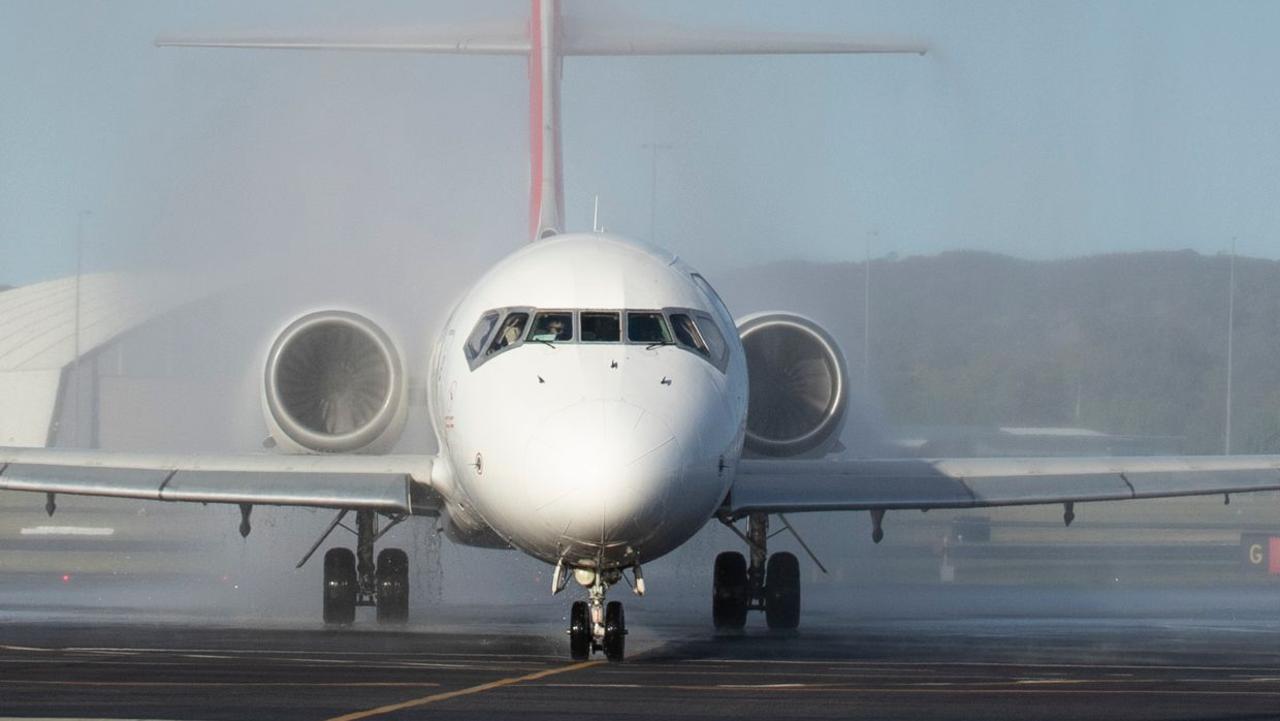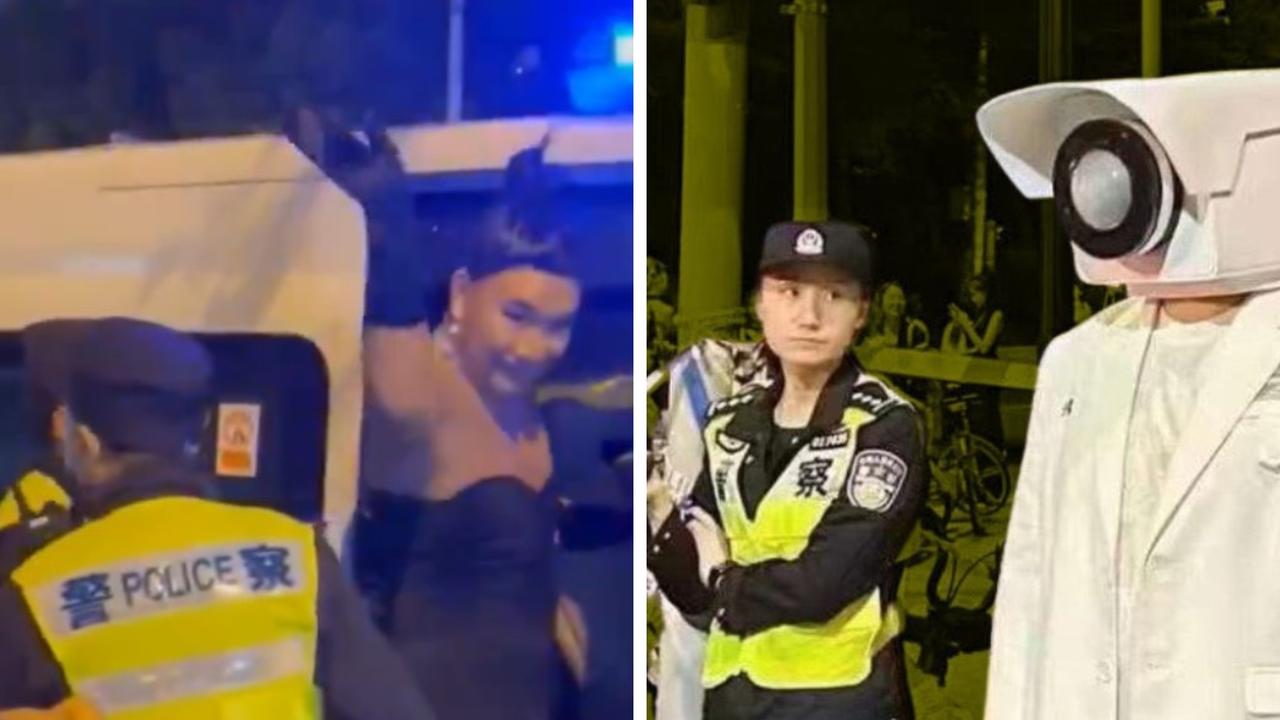Popular Airbnb trick that could lead to eviction
It’s a common way to make a bit of money – especially over the holidays – but this common Airbnb move is illegal.
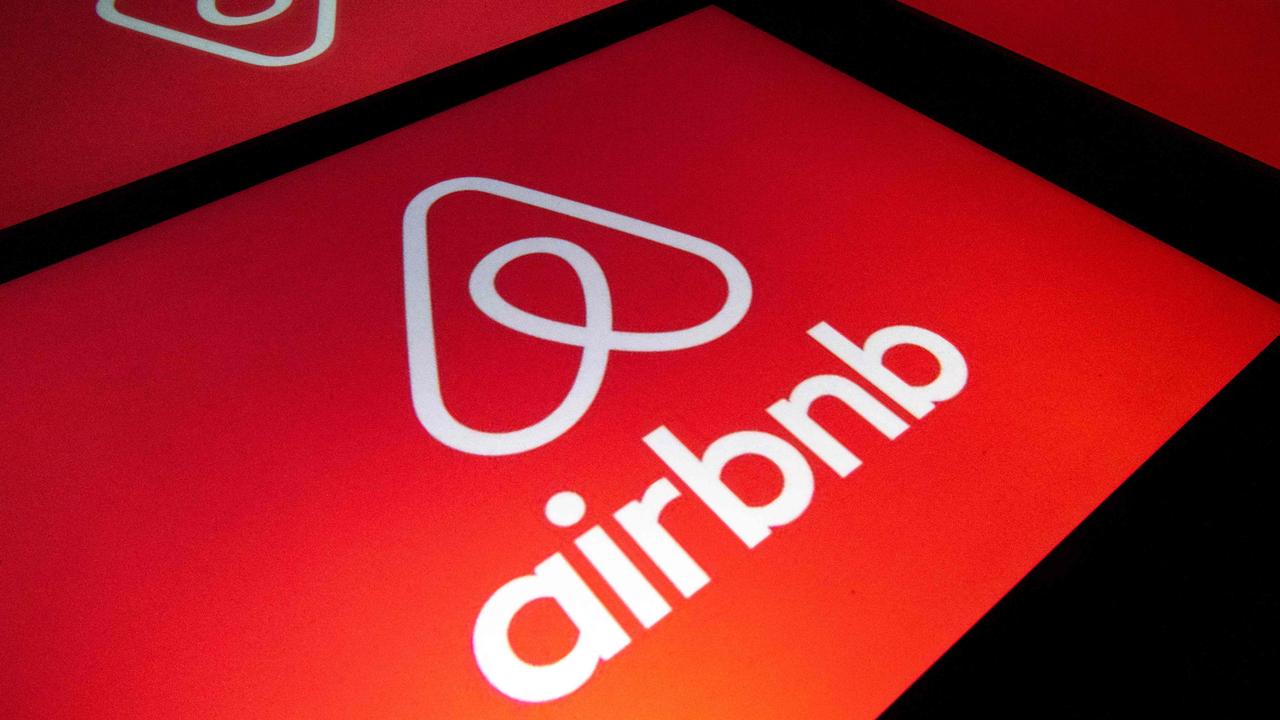
Welcome to Sisters In Law, news.com.au’s weekly column solving all of your legal problems. This week, our resident lawyers and real-life sisters Alison and Jillian Barrett from Maurice Blackburn help a renter wanting to sub-let her home.
QUESTION: I live in a rental and I’m going away for three weeks over Christmas. My rent is $600 a week but it says in my contract that I can’t sub-let, which means putting $1800 down the drain while I’m away. Plus, rents in my area skyrocket over the Christmas period so I could probably run a profit if I put it on Airbnb. What can my landlord do if I sub-let my place? – Kerry, Vic
ANSWER: Kerry, we would suggest that you don’t sub-let your residential property without your landlord’s approval, otherwise your landlord can end the rental agreement and ask anyone living at the property to leave within 14 days.
As your name is on the lease agreement you must ask for written permission from your landlord or property manager to sub-let it. We would recommend you do this in writing, setting out your reasons for the request.
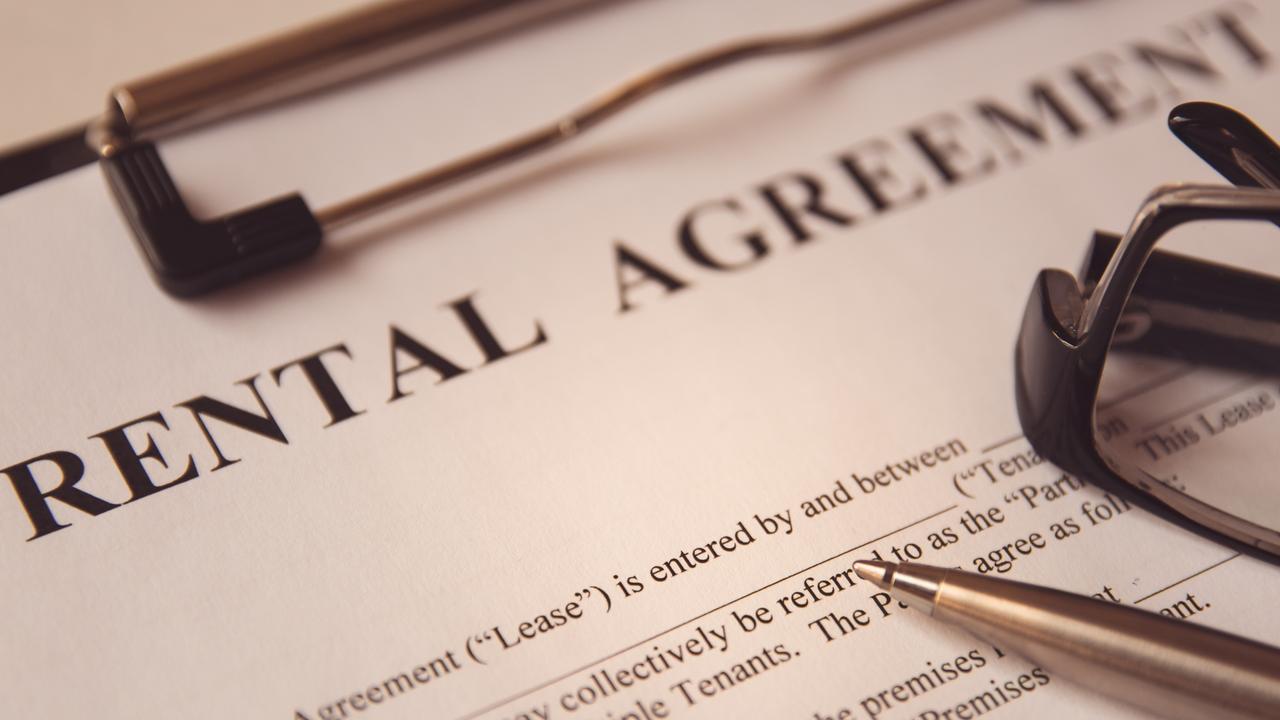
Provided you’re in a private rental (rather than public housing), your landlord or property manager must give you permission to sub-let, unless there is a good reason not to. They are not able to refuse permission on the basis of a person’s race, sex, disability or gender identity.
Your landlord cannot charge you any additional fee for approving your request.
If your landlord refuses to allow you to sub-let the property, and you think this is without good reason, then you can apply to the Victorian Civil and Administrative Tribunal (VCAT). The tribunal will decide whether you should be allowed to sub-let.
Before you lodge your application with VCAT, it’s best to try and negotiate a suitable outcome with your landlord. If they are not willing to permit you to sub-let the property, then perhaps they may consider reducing the rent over that period (though they are not obligated to).
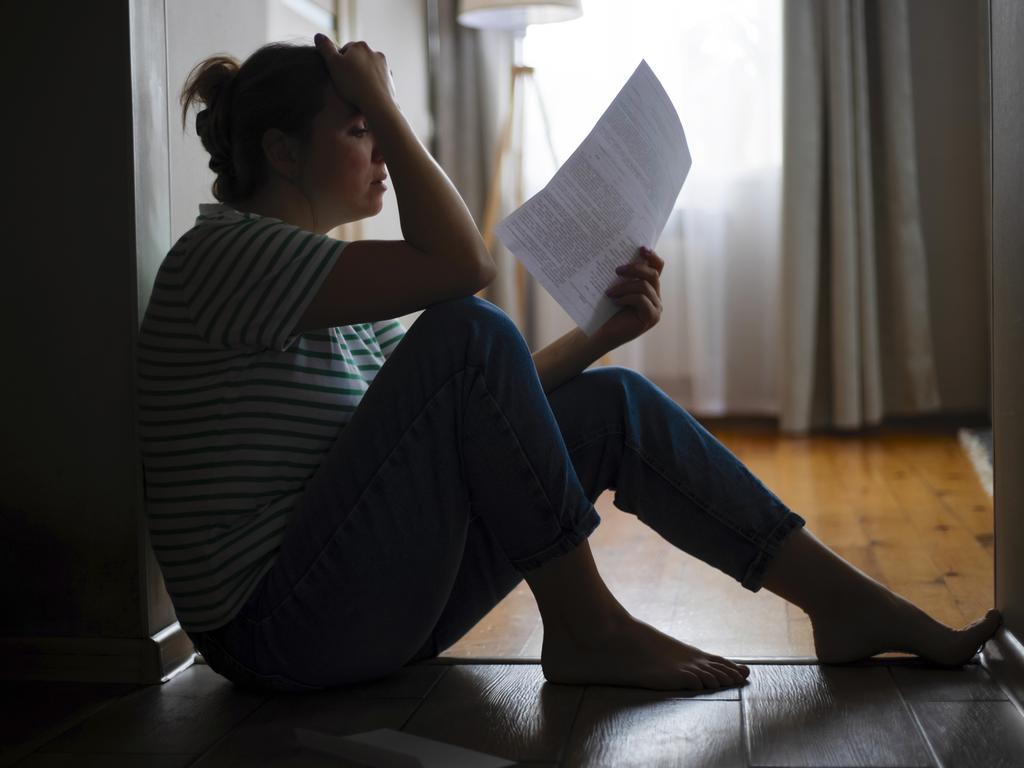
Once you lodge the application with VCAT, it’s important to know that this is a legal process. You will be required to send any documents to your landlord and present your case to VCAT.
You will need to know your landlord’s phone number, and preferably also their email address to include in the application so VCAT can contact them. It must be your landlord’s details rather than the real estate agent.
The application should have enough information so VCAT know what outcome you’re wanting.
You will have to pay a fee when submitting your application to VCAT (around $70).
This legal information is general in nature and should not be regarded as specific legal advice or relied upon. Persons requiring particular legal advice should consult a solicitor. If you have a legal question you would like Alison and Jillian to answer, please email stories@news.com.au. Get more from Alison and Jillian on their Facebook page.




